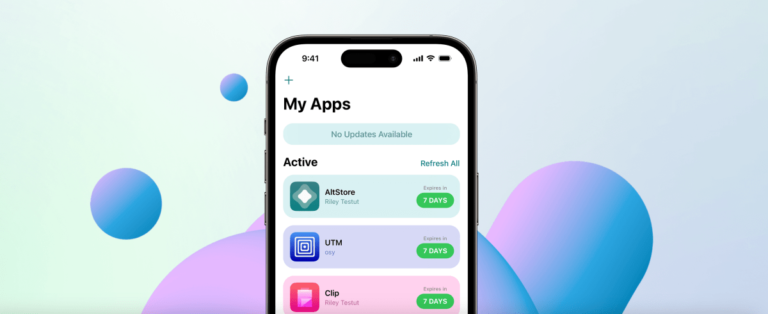
As a result, we’re beginning to see what an app store ecosystem could look like when other developers are allowed to compete with the default iPhone App Store.
One notable case in point is the AltStore, an alternative app store that’s preparing to take advantage of the DMA to launch an updated version of its app marketplace in the EU, with plans to support Patreon-backed apps.
To comply with the new European law, Apple is introducing APIs and frameworks that allow developers to distribute apps independently of the App Store.
“It all works virtually the same as the App Store now,” Testut says.
In the screenshots he shared, the AltStore looks much like a modern-day app store, with categories like Games, Lifestyle and Utilities, as well as buttons to download its free apps, as on Apple’s App Store.

Google is shutting down its Podcasts app in the U.S. in a matter of days.
In 2020, YouTube Music offered a similar transition strategy to move music listeners away from Google Play Music ahead of its shutdown that same year.
However, the Google Podcasts app continued to be maintained for years because YouTube Music wasn’t ready to support podcasts until more recently.
By the end of 2023, YouTube Music was able to support podcasts globally, and, by February, they had the ability to upload their RSS feeds, too.
From its earlier statements, though, the plan is to discontinue Google Podcasts in 2024.
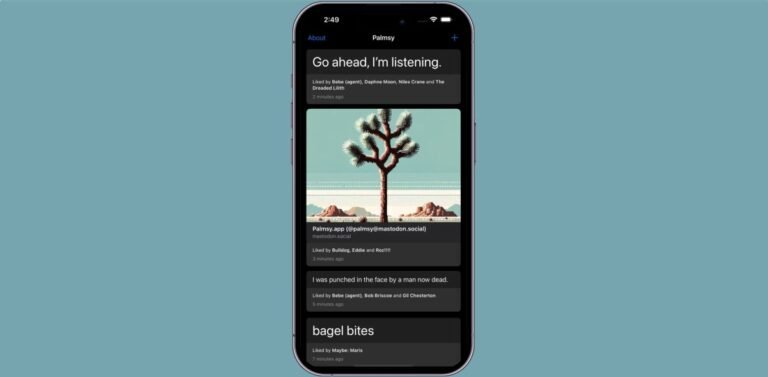
When you sign up to a new social network, you have zero friend, zero follower, zero like.
A new app called Palmsy is trying to act as social media methadone by letting you post anything and getting likes on them.
While the app is reading your contact details, because all posts are local, contact information is not sent to a server.
There have been multiple time-limiting apps that try to help when it comes to reducing social media addiction.
Some developers have also released very basic apps to post dumb posts without consequences as well.

Amazon announced Thursday the launch of its new app for Amazon One, its contactless palm recognition service that allows customers to hover their palm over a device in order to purchase from select places, including over 500 Whole Foods Market stores, Amazon stores, and more than 150 third-party locations.
Instead of signing up for Amazon One at a physical retail location, users can now download the Amazon One app (available for iOS or Android devices) and take a photo of their palm right at home.
The company explains that all palm images taken via the new app are encrypted and sent to a secure Amazon One domain in the AWS cloud.
Amazon says that Amazon One has been used over 8 million times.
The app launch follows Amazon’s expansion of the technology for enterprise identity purposes, which gives companies the ability to authenticate employees when entering.
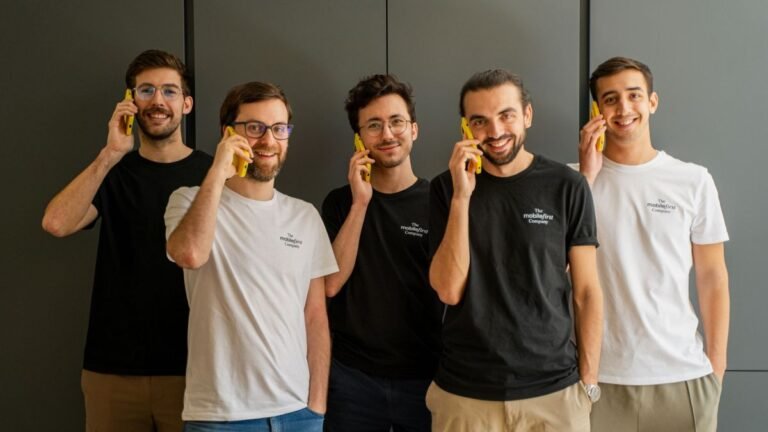
And they’re calling their company… The Mobile-First Company.
Too many companies that offer B2B tools treat mobile apps as companion apps and second-class citizens.
Small companies don’t need a complicated enterprise software solution.
While Siel Brunet is more experienced with the needs of large companies, he has also seen how B2B apps don’t work well with small businesses.
Many small companies simply rely on consumer apps to fill their needs.
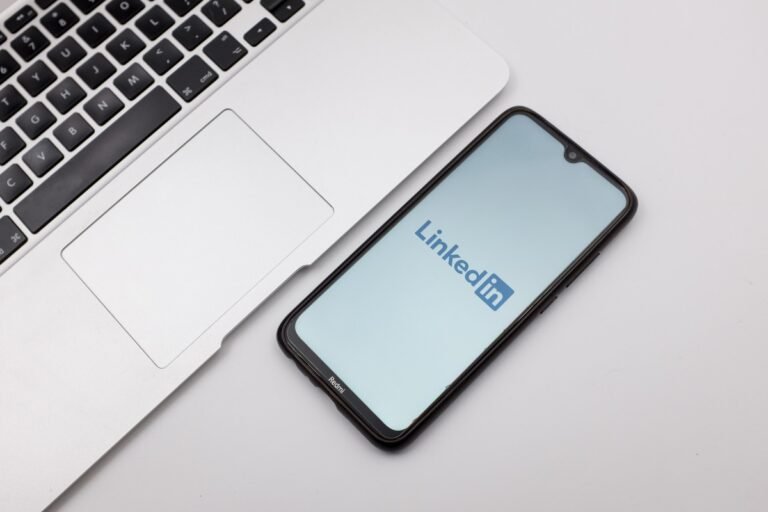
LinkedIn is testing a new TikTok-like short-form video feed, the company confirmed to TechCrunch on Wednesday.
With this new test, LinkedIn joins numerous other popular apps that have launched their own short-form video feeds following TikTok’s rise in popularity, including Instagram, YouTube, Snapchat and Netflix.
Null posted a short demo on LinkedIn showcasing the new feed, which lives in the app’s navigation bar in a new “Video” tab.
LinkedIn’s new feed would give creators a new place to share their video content and potentially reach more viewers.
It’s possible that LinkedIn may also monetize the feed at some point in the future to entice creators to post their video content on the app.

Marissa Mayer’s startup just rolled out photo sharing and event planning apps, and the internet isn’t sure what to thinkWhen Marissa Mayer co-founded a startup six years ago in Palo Alto, Ca., expectations were sky high for the former Yahoo CEO and early Google employee.
When that startup, Sunshine, revealed that its first app centered around subscription software for contact management, people wondered if something more ambitious might be around the corner.
Today, after Sunshine released two equally mundane features – event organizing and photo sharing – internet commenters were decidedly mystified.
I was also baffled last week, when Mayer walked me through Sunshine’s new offerings.
The core thesis has always been to take the mundane and make it magical.”The team “thought about naming it Mundane AI,” she continued.
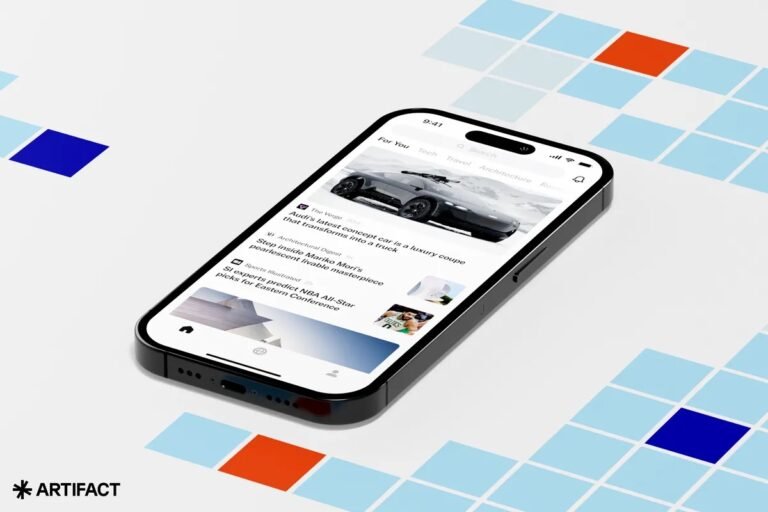
Artifact, the well-received AI-powered news app from Instagram’s co-founders, Kevin Systrom and Mike Krieger, may not be shutting down as planned.
“It takes a lot less to run it than we had imagined,” Systrom confirmed to TechCrunch, adding that it’s just himself and Krieger running Artifact right now.
Artifact made a splash at launch, not only because it was the first major effort at a new social app from Instagram’s co-founders, but also because of its clever use of AI.
pic.twitter.com/5PaMavJbNS — @samhenrigold@hachyderm.io (@samhenrigold) March 16, 2024Following Artifact’s announcement of its impending closure, interest in using AI to summarize the news has heated up.
Browser startup Arc implemented an AI-powered “pinch to summarize” feature ahead of its $50 million fundraise.

Apple’s iPhone antitrust lawsuit: Everything we know so far on the DOJ’s case U.S. regulators are accusing Apple of operating like a monopoly, and the implications of the case stretch far beyond iOS and iPhones themselvesApple’s antitrust scrutiny has reached a fever pitch.
We’ll be updating this page as the Apple antitrust case evolves, but keep in mind that there will be little settled in the short term.
The DOJ’s claims against AppleIf you want to dive into legal docs immediately, you can read the DOJ’s lawsuit right here.
The DOJ’s antitrust case against Google, which was filed back in 2020, went to trial last year and could still take a couple more years to reach a conclusion.
For more on Apple’s antitrust lawsuit, check here:

The complaint accuses Apple of moulding its privacy and security practices in ways that benefits the company financially.
One quote particularly jumps out where the DOJ calls Apple’s privacy and security justification an “elastic shield”:“Apple deploys privacy and security justifications as an elastic shield that can stretch or contract to serve Apple’s financial and business interests,” it says.
“Apple wraps itself in a cloak of privacy, security, and consumer preferences to justify its anticompetitive conduct.
It also said that at the moment developers can’t offer a separate app store for children.
Essentially, the DOJ argues that Apple’s privacy and security practices are pretextual in nature and the company chooses “alternative courses” to protect its monopoly.













